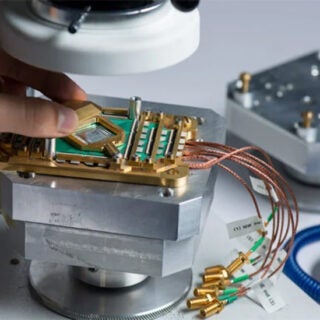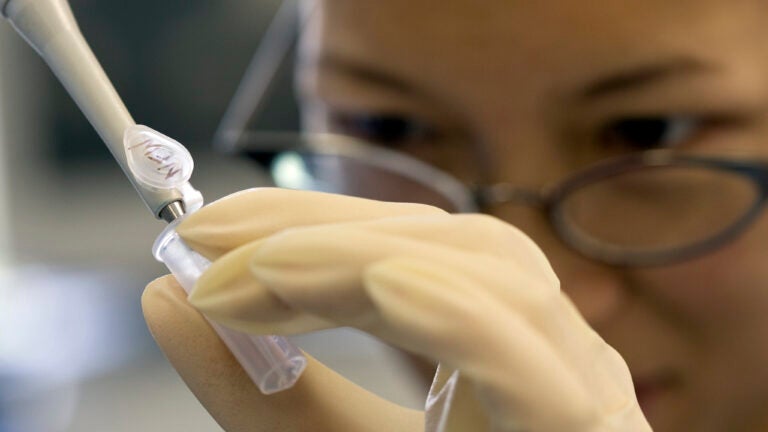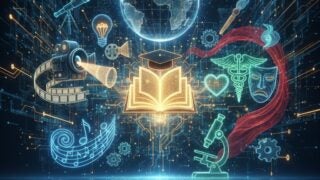Creating New Knowledge
Across campus, USC faculty and students are developing new ways of learning, thinking, doing, collaborating — all with a forward-looking mindset. Progress begins with a commitment to break new ground, letting go of ideas that constrain our imagination.
Catalysts of Discovery
USC researchers are pushing the boundaries of what’s possible—using AI and genomics to personalize cancer treatment, advancing quantum computing for future breakthroughs, and uncovering a new way to fight brain cancer by targeting the body’s circadian clock. These discoveries reflect USC’s commitment to creating knowledge that drives progress in health, science and technology.
How AI and Genomics are personalizing cancer treatment
USC launches $12 million Institute on Ethics & Trust in Computing
The institute, supported by funds from the Lord Foundation of California, is the next step in the university’s effort to enhance research and education on the development and applications of artificial intelligence and other technologies that are now commonplace across business and finance, health care, national security and science.
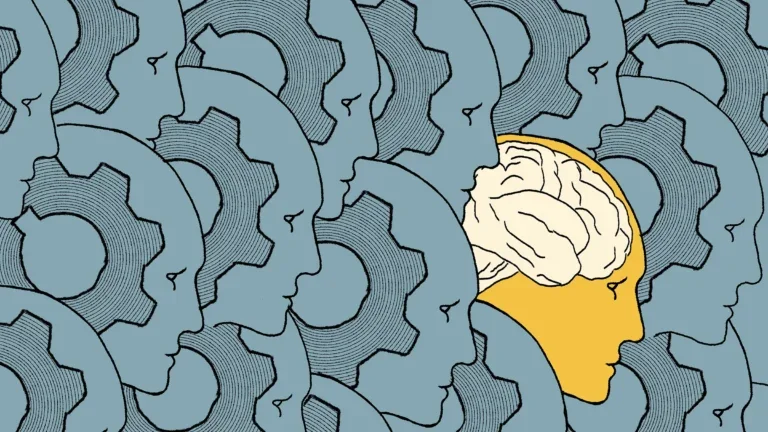
Knowledge Leaders
Multiplying Degrees
Ever more intersectional, the USC Jimmy Iovine and Andre Young Academy — which already fuses the arts, technology and the business of innovation — is developing new joint degrees with the USC Annenberg School for Communication and Journalism, the USC Marshall School of Business, the USC Viterbi School of Engineering and the Keck School of Medicine of USC.
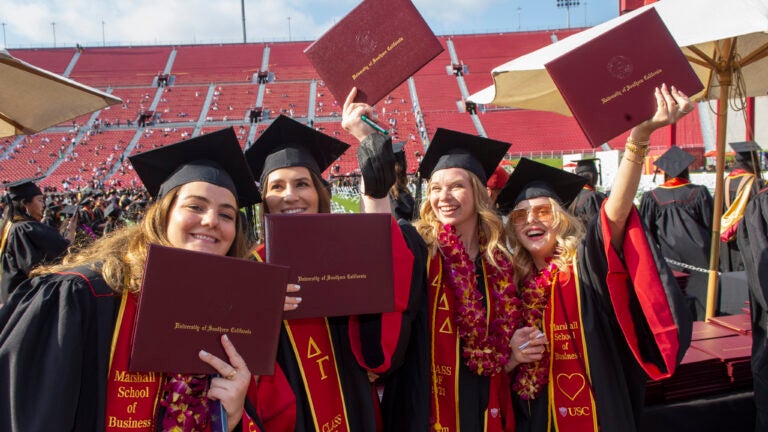
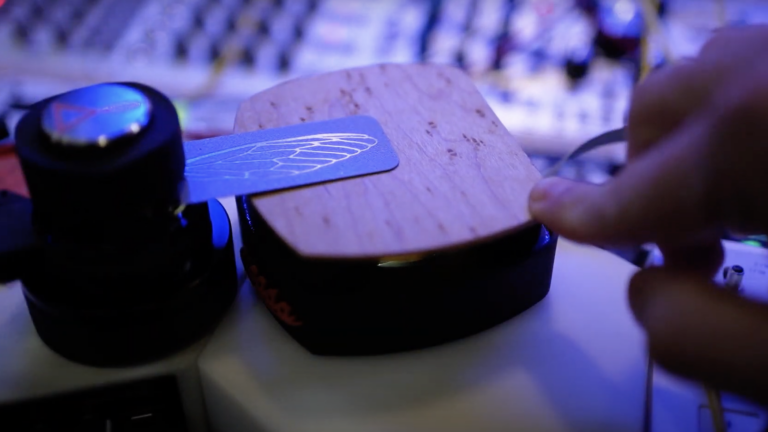
Filling the Gaps
Some of today’s most pressing problems don’t just lack answers — they lack the entire infrastructure to approach it. USC experts are agile and quick-moving when it comes to convening the types of thinkers and doers who can help.
Experts Who Take Initiative
USC scholars and researchers are often the first to respond to new widespread crises or reinvent something that benefits society — both phenomena that are becoming markers of the modern world. With meaningful responses about diversity, equity and inclusion, action on new health threats and even developing new musical instruments using biotechnology, our community is eager to take on the new and uncharted.
How hidden factors beneath Istanbul shape earthquake risk
Underground heat and sediment patterns control how earthquakes behave along one of the most dangerous faults in the eastern Mediterranean.
How artificial intelligence can help new CEOs drive innovation
New USC research shows AI can be a strategic catalyst for innovation and creativity, especially during leadership transition.
How hard is it to find the privacy settings on social media?
For participants in a study from USC Viterbi’s Information Sciences Institute, the answer was often: too hard.
Knight Foundation, USC Marshall commit $4 million to advance purpose-driven AI research
The research initiative aims to create ethical, human-forward outcomes for cutting edge technology like AI.
AI and higher ed: USC’s ‘big tent’ approach to artificial intelligence
USC Marshall Dean Geoffrey Garrett talks about the university president’s AI Strategy Committee and leading university-wide efforts to integrate AI ethically and responsibly across all disciplines.
USC study identifies key genes linked to aggressive prostate cancer in people of African descent
The international research team also introduced a way of assessing prostate cancer risk that could lead to more personalized monitoring and treatment strategies.

